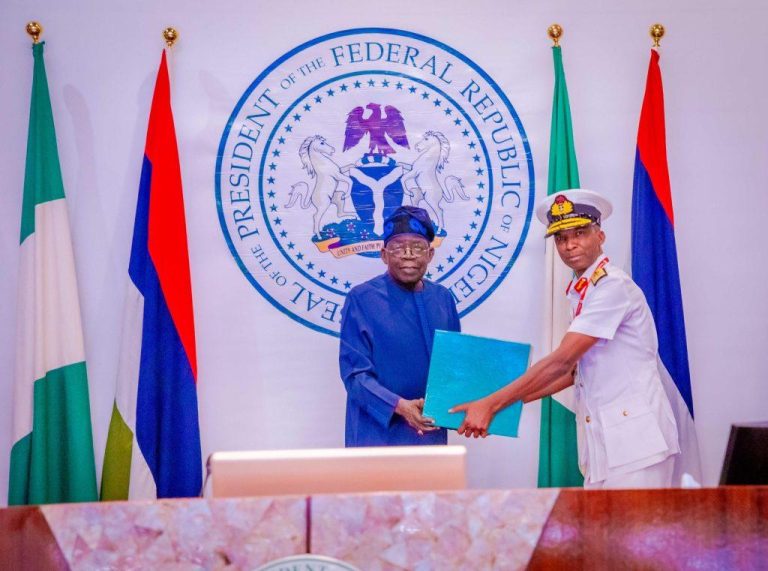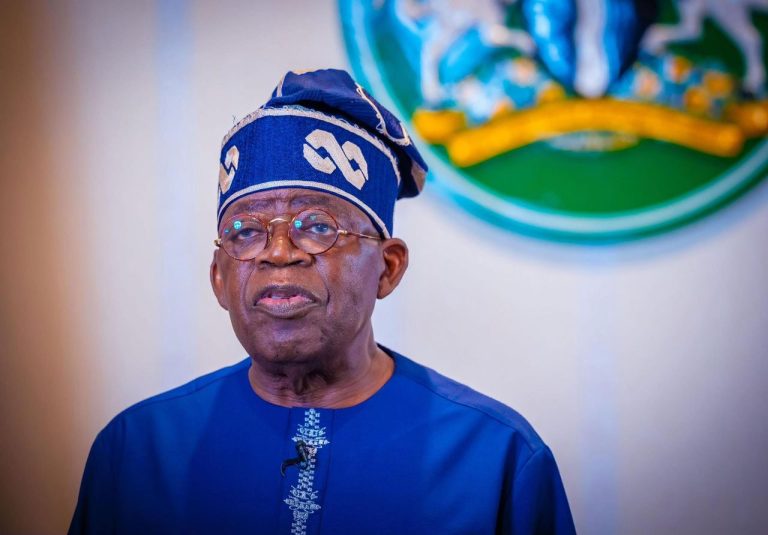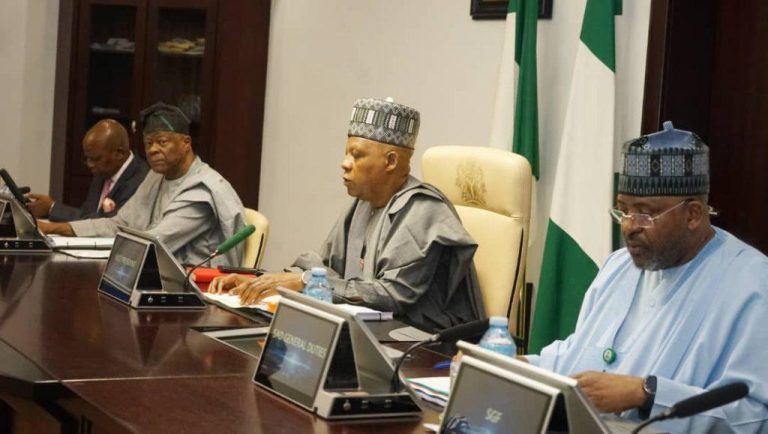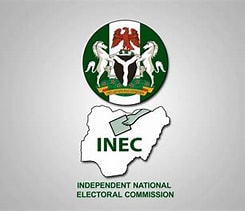
When an INEC chairman steps down and a new one is named, headlines and public anger often converge on that single person. That is understandable—leadership matters. But it is also dangerously incomplete.
Nigeria’s election outcomes are shaped by a broad legal and administrative system: the Constitution, the Electoral Act, INEC’s Regulations and Manuals, a state and field structure of Resident Electoral Commissioners (RECs) and Returning Officers, and a cascade of forms, procedures and institutional powers.
If we truly want credible elections, our focus must shift from personalities to that system.
The Appointment And Removal Framework Is Structural, Not Personal.
The INEC Chairman and the Commission’s National Electoral Commissioners are appointed by the President, subject to confirmation by the Senate; the President is also required to consult the Council of State.
Removal is not by unilateral presidential fiat — the Constitution requires an address supported by a two-thirds majority of the Senate and specific grounds (e.g., inability to discharge functions, misconduct). These constitutional rules put the Commission inside a political-legal architecture — not fully independent of politics, but not wholly at the President’s whim either.
INEC is a large, delegated machine with state, local and ad-hoc actors.
INEC is not a single person. It comprises the Chairman and twelve National Electoral Commissioners (the national leadership) but also a network of Resident Electoral Commissioners (RECs) who run each state, Electoral Officers at LGA level, presiding officers at polling units, collation officers and returning officers at higher collation levels. Many of these officials are INEC appointees (or supervised by appointees) and are the ones who actually receive ballots, complete result sheets, collate numbers and present returns. The Regulations and Manuals set out these roles and the flow of responsibilities.
Who actually writes down and collates results — and where — matters.
The polling-unit presiding officer records votes on the polling-unit result sheet (commonly referred to as Form EC8A), hands copies to party agents and returns copies upward; ward, LGA and state collation levels use corresponding forms (EC8B, EC8C, etc.) to collate and total.
INEC’s own materials and credible explainer pieces show that the chain of custody for the vote — how EC8A moves and gets summed into EC8B/EC8C — is fundamental to whether a result can be trusted.
If a collating officer or returning officer alters totals, the official record that most directly represents the voters at the polling unit (EC8A) is where challenges should start.
INEC Limited Structured Powers
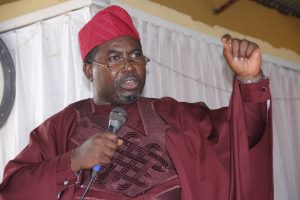
INEC has limited, structured powers to review or “retract” results — but those powers are politically risky and legally constrained.
The Electoral Act (and subsequent guidance) allows INEC limited internal review powers. Section provisions and subsequent public debates (and draft guidelines) around what is
often referred to as Section 65 show that INEC may review or correct returns under tightly defined conditions (for example, where a returning officer acted under duress or contrary to law) and within time limits. But using such powers selectively — cancelling or changing a return in one place and not another — is politically explosive and legally fraught.
That is why, in practice, INEC often points disappointed parties to the courts.
Why INEC will often “announce what the returning officer presents” and then say “go to court” — not because the chairman is feckless, but because the law and system create that default.
Practically, the returning officer at the collation level signs and makes the official return and declaration for that level.
The Chairman can call for review under narrow rules, but wholesale unilateral cancellations by the Chairman are legally constrained and politically destabilizing — every aggrieved party would demand parity. The Electoral Act and INEC Regulations therefore create a system in which the factual record established at collation centres (backed by EC8 forms and the chain of custody) is the primary document, and judicial review becomes the next checkpoint when parties dispute outcomes.
Many observers noted delays, patchy transmission of polling unit data and inconsistent handling of collation during Nigeria’s 2023 elections — problems of process and structure more than of one person.
Court Interventions
Courts can and do intervene — often by returning matters to the polling-unit level.
Election courts have repeatedly set aside elections where they find the authentic polling-unit returns (or the absence of proper returns) make the declared outcome unsafe.Several judgments have nullified results for non-compliance with required procedures and for the absence of proper returns at polling units — showing that the law recognises the primacy of the polling-unit record. But judicial remedies are slow, expensive, and not always perceived as accessible or impartial — which fuels the cynical political line: “Win first, let them take you to court later.”
That cynical calculus reflects a crisis of trust in the whole system (legal, administrative and political), not only the head of INEC.
Observer Reports And INEC’s Reviews Point To Systemic Weaknesses
The EU Election Observation Mission, domestic monitors and INEC’s own post-election reports stressed recurring problems: delayed result transmission, incomplete or missing polling unit documentation, breakdowns in logistics and instances where collation processes were opaque.
These are process and capacity failures you fix through legal reform, procedural change, stronger IT and better staff/agent training — not by changing one person alone.
A Single Practical Reform
A single practical reform: make the polling unit the invariant legal source of the vote.
If the law recognised polling-unit results (EC8A) as the sole primary legal evidence — and required, every higher collation to publish the underlying EC8As for every polling unit (not only aggregate totals) — many of the current fault lines would narrow.
Electronic transmission from polling units (a provision in the Electoral Act and INEC’s ICT manuals) can help by immediately publishing EC8A numbers, while keeping the physical EC8A as the legal backup. Under such a design:
disputes start and end at the polling unit (where voters, agents and BVAS interactions happened).
collations would be automatic sums of published EC8As (transparent and verifiable).
selective “recounts” or cancellations would have to point to specific EC8As and provable chain-of-custody failures, rather than being top-down interventions.
INEC’s own electronic transmission/collation guidance points in this direction — it is technically feasible if there are political will and legal clarity.
So What Should Citizens Demand Now?
1. Don’t make the next INEC chairman the sole focus of reform — demand structural changes in law and procedure (appointment process for RECs; transparency of EC8A publication; clear rules on Section 65 reviews; independent, professional State Directors of Elections).
2. Push for polling-unit-first rules: automatic publication of EC8A at the polling point and a requirement that all collation returns include the EC8A scans for each polling unit underlying aggregated totals. (This is consistent with the intent of the Electoral Act’s transmission provisions.)
3. Demand professionalisation and insulation of field officials: appoint state election heads by competitive, transparent processes (take appointment of RECs out of pure presidential patronage) and strengthen INEC’s staff pool and vetting so ad-hoc roles are filled on merit and training.
4. Strengthen judicial access and transparency so that, when parties go to court, evidence (EC8As) is easily accessible, and election petitions are decided faster and with full public reasoning.
A Plea To Civic Imagination And Focus
Changing one chair is political theatre if the system that produces bad outcomes remains the same. Yes, honest, courageous leadership at INEC matters. But the chair cannot unmake a structure that vests appointment powers in the presidency, routes results through a multi-level collation system, relies on numerous field appointees, and then pushes disputes to courts that are slow to act.
Until we fix the architecture — legal, technical and administrative — we will keep replaying the same crisis with a new face in the chair.
Read Also; The Biography of Professor J.O Amupitan :
https://biodynasty.com.ng/professor-joash-amupitan-biography/
Nigeria New Electoral Boss is Professor Amupitan
Media Pushes for Credible Electoral Reforms in Nigeria
This Opinion was written by YM Isah

